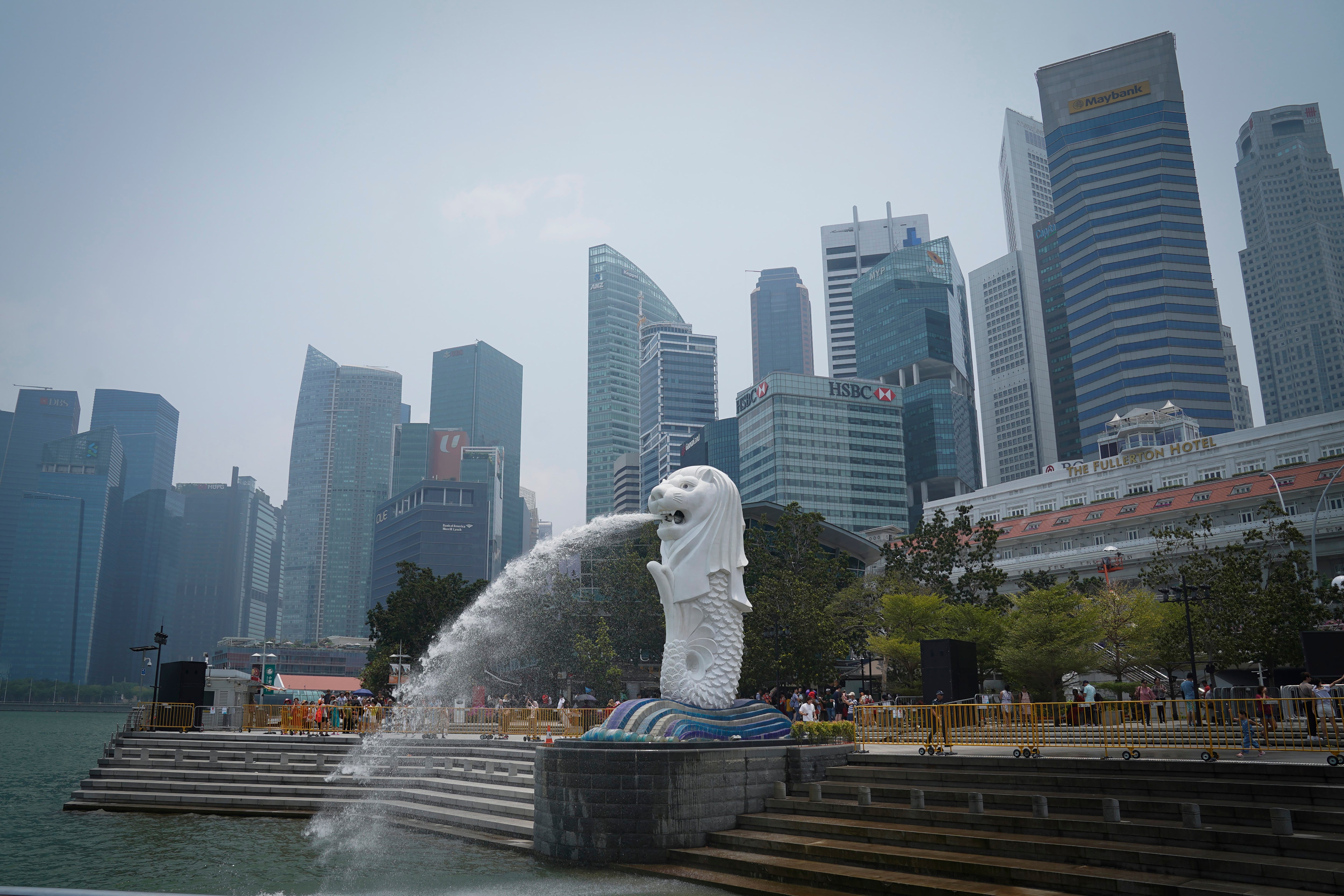Singapore hangs drug trafficker in resumption of executions
A Singaporean man on death row for drug trafficking has been hanged in the first execution in the city-state in over two years

Your support helps us to tell the story
From reproductive rights to climate change to Big Tech, The Independent is on the ground when the story is developing. Whether it's investigating the financials of Elon Musk's pro-Trump PAC or producing our latest documentary, 'The A Word', which shines a light on the American women fighting for reproductive rights, we know how important it is to parse out the facts from the messaging.
At such a critical moment in US history, we need reporters on the ground. Your donation allows us to keep sending journalists to speak to both sides of the story.
The Independent is trusted by Americans across the entire political spectrum. And unlike many other quality news outlets, we choose not to lock Americans out of our reporting and analysis with paywalls. We believe quality journalism should be available to everyone, paid for by those who can afford it.
Your support makes all the difference.A Singaporean man on death row for drug trafficking was hanged Wednesday in the first execution in the city-state in over two years, rights activists said.
Singapore, which has harsh anti-drug laws, had halted executions due to the COVID-19 pandemic and last meted out capital punishment in November 2019.
Abdul Kahar Othman, 68, was hanged early Wednesday, anti-death penalty activist Kirsten Han said. The execution occurred despite pleas from rights activists, including the U.N. Human Rights office, to commute Kahar's sentence to life imprisonment. Han and several others held a small vigil outside the prison late Tuesday for Kahar.
Kahar, who came from a poor family and had struggled with drug addiction since he was a teenager, spent more time behind bars than as a free man, Han said. He was released from prison in 2005 after a decade of preventive detention. In 2013, Kahar was convicted of drug trafficking and sentenced to death two years later.
Kahar’s incarcerations without proper rehabilitation had made it difficult for him to walk new paths, Han said.
Han, along with the U.N. and other rights groups, have expressed concerns that executions might be accelerated in the city-state after a two-year halt.
Transformative Justice Collective, a group working for the reform of Singapore’s criminal justice system, said the families of seven other death row prisoners have recently received execution notices. Their cases were postponed due to legal appeals.
A Malaysian man with a mental disability may be next in line after he lost a final appeal Tuesday against his death sentence.
Nagaenthran K. Dharmalingam has been on death row since 2010 for trying to smuggle less than 43 grams (1.5 ounces) of heroin into Singapore. At an earlier court hearing, his IQ was revealed to be 69 — a level internationally recognized as an intellectual disability, but the court ruled Nagaenthran knew what he was doing by violating Singapore’s harsh anti-drug laws.
Rights groups have urged Singapore President Halimah Yacob to pardon Nagaenthran or commute his sentence. Malaysia’s leader, European Union representatives and global figures such as British business magnate Richard Branson have also joined calls for Nagaenthran’s life to be spared.